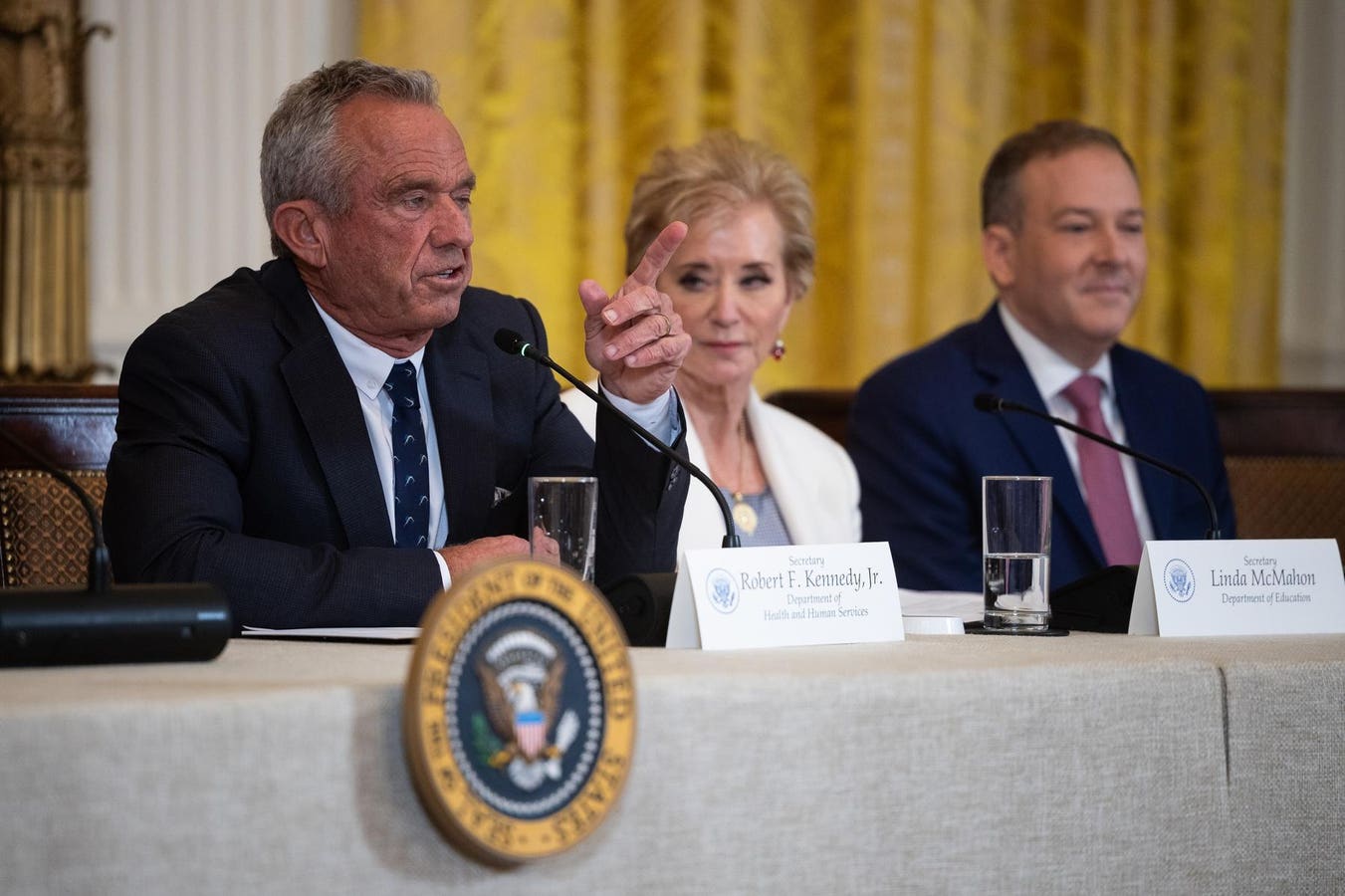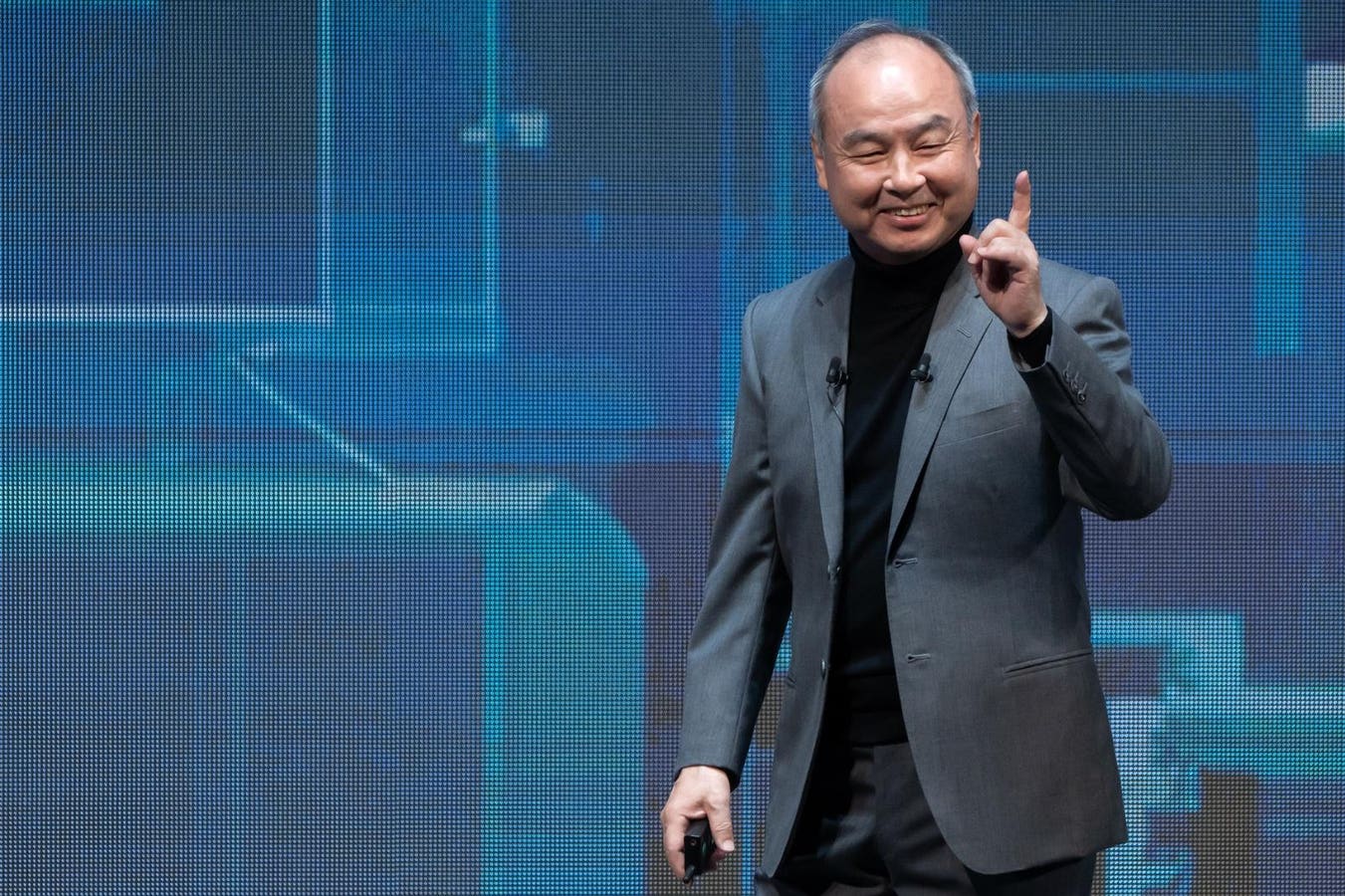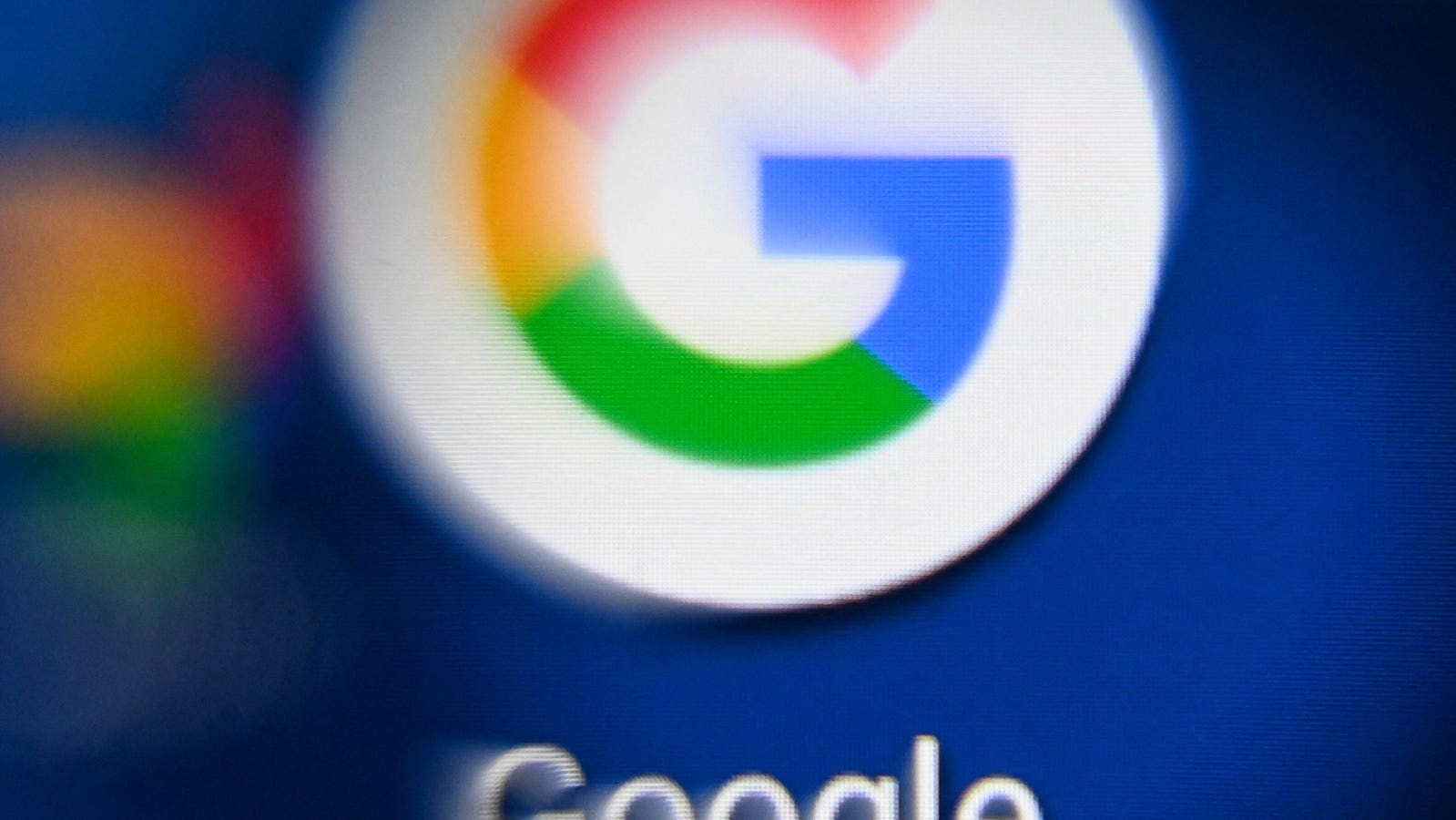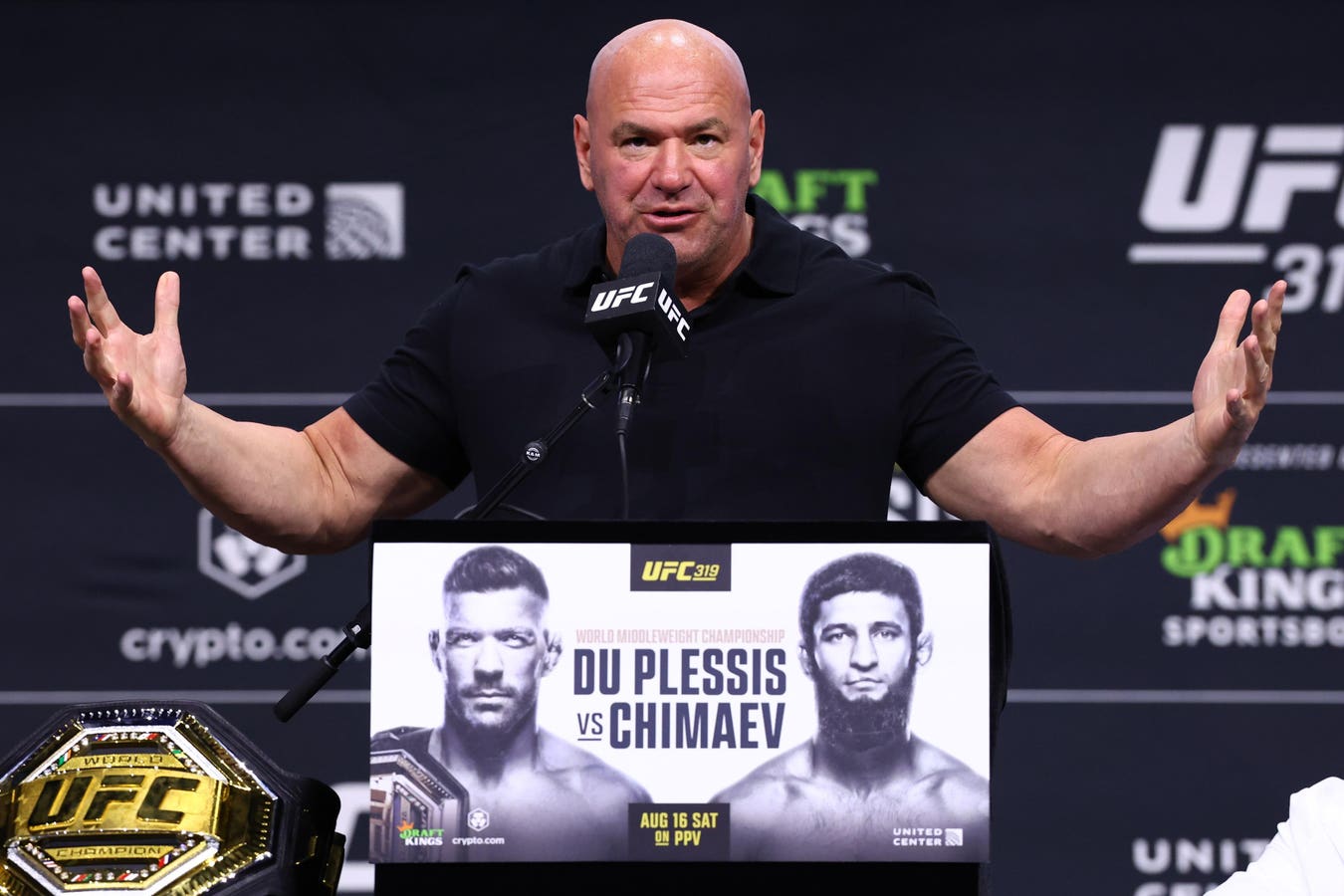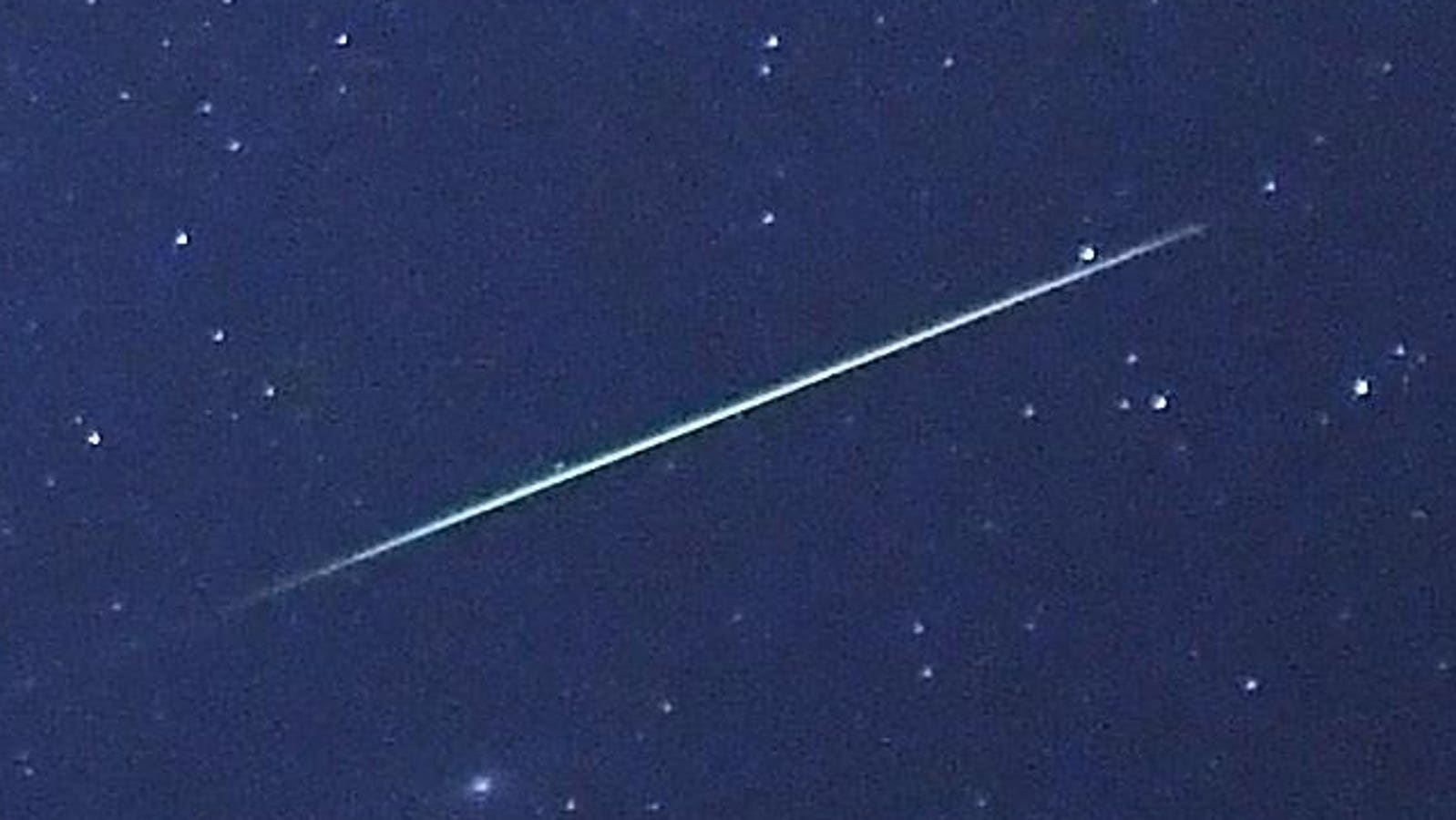Robert F. Kennedy Jr., Secretary of Health and Human Services, during a Make America Healthy Again … More
Secretary of Health and Human Services, Robert F. Kennedy Jr., is making good on his promise to radically reshape the vaccine policy landscape as he ousts the entire Centers for Disease Control and Prevention Advisory Committee on Immunization Practices. In a press release issued by the Department of HHS on June 9th, Kennedy says he’s doing this in order to restore the public’s trust in vaccine science in America. It’s unknown who Kennedy will hire to replace committee members, but it’s possible they may share his skeptical views of vaccines. In turn, this could have the effect of increasing the public’s vaccine hesitancy.
ACIP advises the director of the CDC on which vaccines approved by the Food and Drug Administration should be used; for example, recommending which groups of people ought to be vaccinated, at what doses and when. For decades, ACIP’s guidance has been based on an independent, non-politicized review of the peer-reviewed scientific research as well as a debate among experts. ACIP’s guidance is not binding, though CDC almost always follows it and provides recommendations to the public on what is to be included in the United States adult and childhood immunization schedules.
Neither the Secretary of HHS nor the CDC director can unilaterally ban vaccines. But they can alter the CDC’s messaging, fire and hire ACIP committee members and revise vaccination scheduling.
Moreover, the Secretary of HHS together with heads of agencies under his oversight can pursue changes in guidance that restructure regulatory pathways for vaccine development and revise recommendations to the public on who should get vaccinated.
In a major policy shift last month, Food and Drug Administration officials proposed requiring new clinical trial research with respect to the effectiveness of COVID-19 vaccines in healthy people under 65, including pregnant women, before issuing an updated approval for a broader population.
And we observed a preview of the new FDA approach when the agency made an unusual decision in May to limit the approval of the nation’s only non-mRNA coronavirus vaccine, Novavax’s nuvaxovid, for use only in adults 65 and older or those 12 to 64 who have at least one health problem that puts them at increased risk from COVID-19. And on May 31st, Moderna won approval for its latest COVID-19 vaccine with a similar set of limits.
To be indicated for a broader population, the FDA plans to require that vaccine makers conduct booster trials to demonstrate effectiveness in people under 65 or without certain risks. These trials could take a year to complete, according to a STAT report. As such, it’s not something that can be accomplished prior to the autumn, even if Novavax, Pfizer, or Moderna, wished to pursue this pathway.
Changes are also occurring at CDC in terms of its messaging on vaccines. While all the standard childhood and adult vaccines are still on the website, the messaging in some instances incorporates more of an “informed consent” approach than a recommendation. Informed consent is the principle that people should be notified of all the risks, as well as benefits, of any medical intervention they receive or any therapeutic they are prescribed.
All of the changes we’re seeing shouldn’t come as a surprise. Kennedy’s vaccine-skeptic views are well-known. And while he told the podcaster Lex Fridman in 2023 that some vaccines “are probably averting more problems than they’re causing,” he also maintained that “there’s no vaccine that is, you know, safe and effective.” In March, he commissioned a large-scale study to investigate debunked theories that link autism to the measles, mumps and rubella vaccine. And, amid an outbreak of measles this year that started in Texas and spread to surrounding states and cost the lives of three people, Kennedy appeared at times to downplay its severity.
Kennedy has also been outspoken about the existing organizational framework within his department, in which he says that with respect to vaccines there are conflicts of interest. In announcing today’s purge of the entire ACIP committee, Kennedy cited the pharmaceutical industry’s close relationship with government agencies and ACIP that advises them. But it’s unclear what Kennedy means when current ACIP members include academics, a chief medical officer of a community health center, a state public health higher-up and the owner of a family medicine practice.
Kennedy defends himself as merely wanting placebo-controlled trials prior to licensure and no more strict vaccine mandates. However, the vaccines he criticizes are typically subject to such clinical trials. Furthermore, arguably the mandates Kennedy opposes, which have been in place since the 1960s, have helped to contribute to a dramatic decline in childhood infectious diseases.
From smallpox inoculations—which began in the late 18th century and ended when the disease was eradicated in the 1970s—to mumps, rubella, tetanus, diphtheria, polio and measles immunizations, vaccinations have saved millions of lives and prevented crippling and life-threatening illnesses from occurring. To illustrate, mass vaccination programs with single or combination—measles, mumps and rubella—shots began in the 1960s and quickly suppressed the spread of measles in most developed countries. The measles vaccine is “sterilizing,” which means it not only prevents illness, but also transmission.
The American public is already increasingly vaccine-hesitant around standard childhood immunizations. This is likely to lead to more outbreaks and preventable severe illness and death. Should Kennedy appoint like-minded vaccine skeptics to the ACIP committee, that could undermine the public’s trust in vaccines even further.

